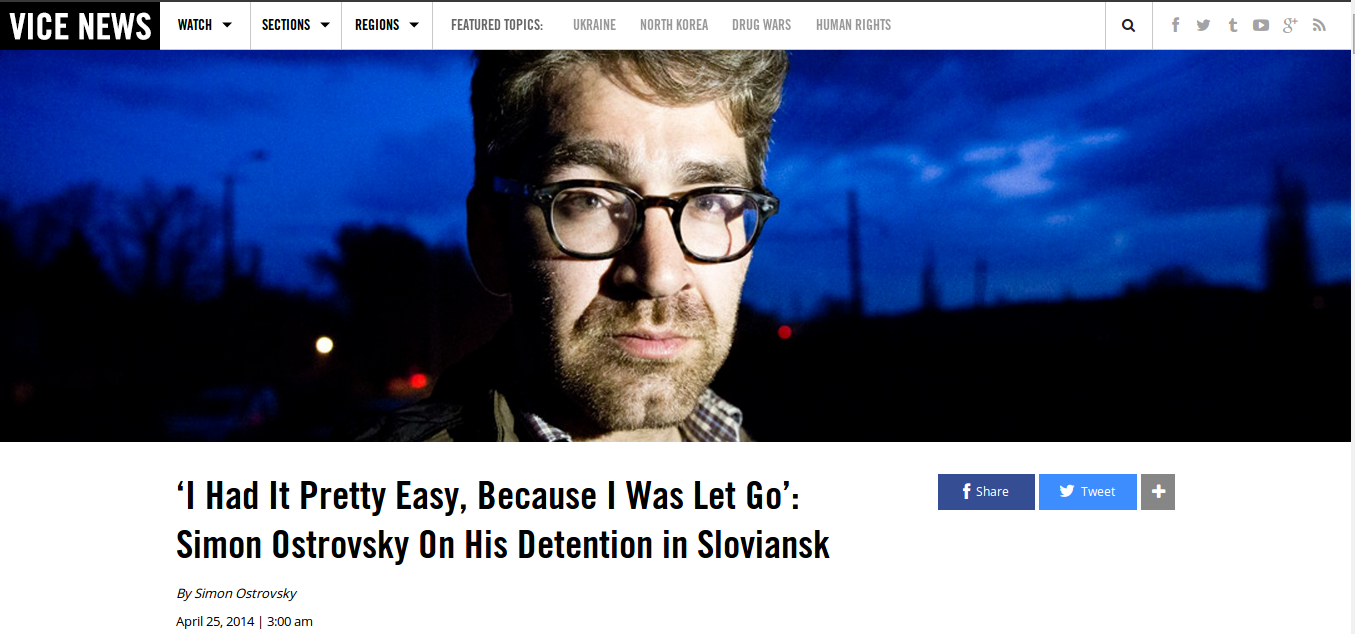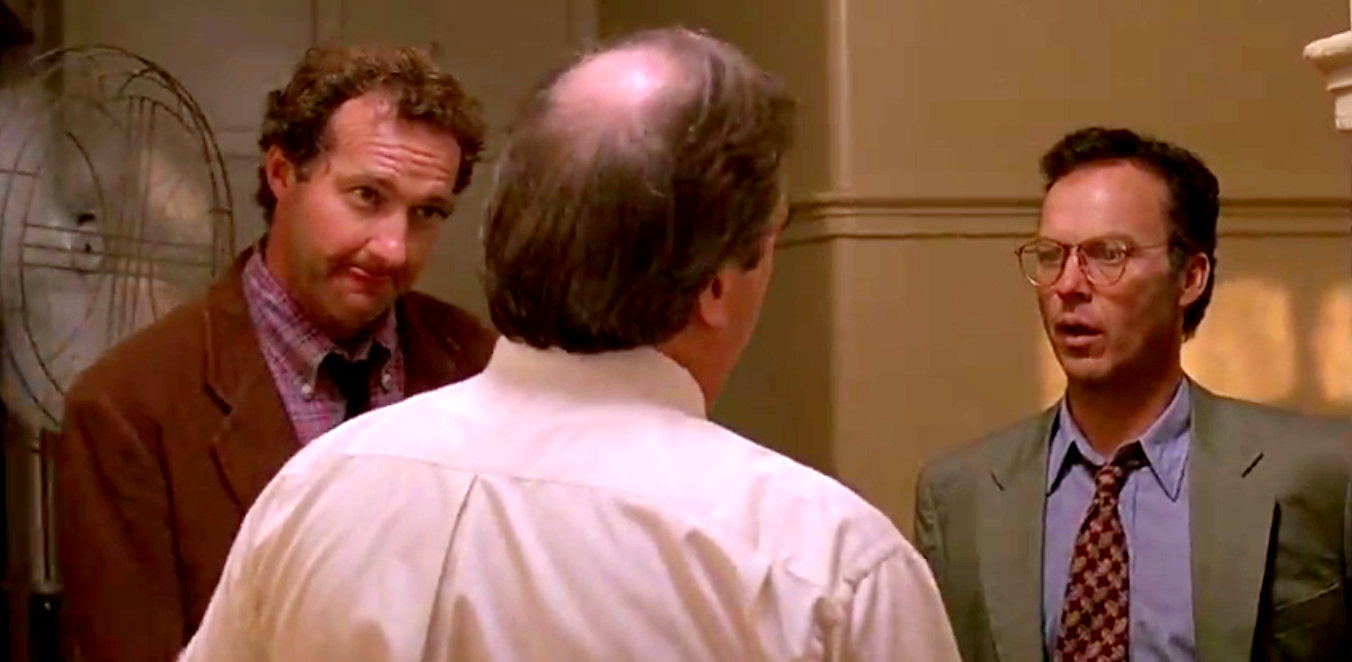BGR used to give great scoops. Now, too often, it scoops up posts from other sites and poops them out. Can you say “aggregation”, dudes? Case in point is today’s post: “Beats acquisition called Apple’s ‘best idea since the iPad’“. The “best idea” belongs to Marcus Wholsen, writing for Wired.
So what? BGR blogger Zach Epstein has to recap Wired’s opinion piece about the rumored Apple-Beats merger rather than write his own? Not that there isn’t already too much punditry about an acquisition that hasn’t taken place and might never will.







